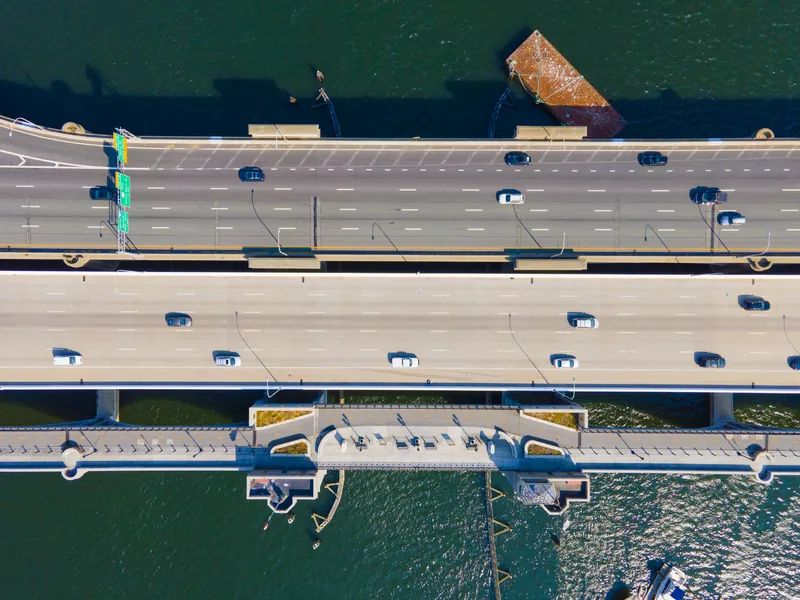
IBTTA has backed a US federal appeals court ruling - following a legal challenge - which allows Rhode Island Turnpike and Bridge Authority to reinstate tolling on large trucks under its RhodeWorks initiative.
Implemented in 2016, RhodeWorks tolls the vehicles at 14 gantries across highways and bridges in the US state, directing revenue toward bridge repairs and maintenance.
While the appeals court found that daily toll caps were unconstitutional, it said the overall tolling system complies with federal law and can resume - without the daily caps.
IBTTA says the court's decision represents "a critical step toward ensuring the sustainability of infrastructure funding across the state".
Rhode Island faces a projected $398 million budget deficit for fiscal 2026, which means restored tolls "are expected to play a critical role in addressing the state’s transportation needs", IBTTA explains.
The tolling organisation supported Rhode Island authorities by filing an amicus brief - the legal name for a written submission from someone not directly involved in a case - with the US Court of Appeals in March 2023.
Mark Muriello, IBTTA vice president of policy and government affairs, says: “Rhode Island’s ability to maintain and modernise its transportation network through fair and sustainable funding mechanisms sets a strong example for states across the nation.”
Rhode Island attorney general Peter Neronha also celebrated the ruling, saying: “Tolling trucks is in the best interest of all Rhode Islanders and a necessary revenue source to support repairs and upkeep of the state’s transportation system.”
Governor Dan McKee called tolling "a proven tool to make vital upgrades and repairs to Rhode Island’s infrastructure, a matter of great importance to residents and businesses across our state".
“As we look ahead, tolling will continue to be a cornerstone of financing the bold, transformative infrastructure projects that our nation needs to thrive," comments IBTTA's 2025 president, James Hofmann.








